Social Responsibility at the University of Manchester
Research and impact Welcome to EES 17 July 2019
Dr Giles Johnson shared his thoughts on social responsibility within the Department of Earth and Environmental Sciences.
We all want to make a positive impact on the world, don’t we? At the University of Manchester, we have this hard-wired into the way we work – social responsibility sits alongside research and education as one of the main pillars of what we do. We are unique amongst UK universities in placing this at the heart of our strategy. But what does “social responsibility” actually mean?
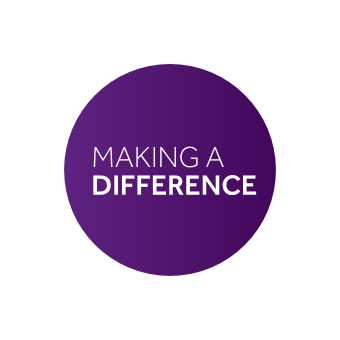
Equality and Diversity
Social responsibility at Manchester covers a broad range of activities (https://www.manchester.ac.uk/discover/social-responsibility/).
Summarised simply, we aim to have as positive an impact on the world as possible. This starts with how we operate. We are always looking for ways to make the University a place that is fair and equally accessible to all, regardless of race, creed, gender, sexuality, disability or any other protected traits. This means we are always critically looking at our ways of working and the way we treat students and staff, to make sure we do all we can to eliminate discrimination and unconscious bias. In our department, we have an active Equality and Diversity committee, which includes student representation, and which is able to hold the management to account.
Green Impact and Environmental Sustainability
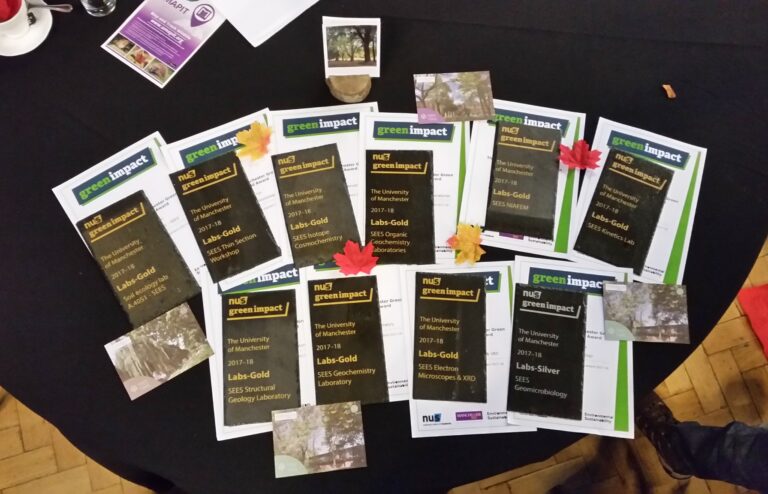
Social responsibility is about more than that though. A key theme, which is directly relevant to Earth and Environmental Sciences, is environmental sustainability. This is central to much of our research, especially for those studying ecology and pollution sciences. We do however take this further. The department has the highest number of “Green Teams” in the University – groups of staff and students who work together to reduce our environmental impact. This can include work on campus – for example our expertise allows us to contribute to projects which have helped “green” the campus, creating new spaces for humans and wildlife. We also do things out in the community. Staff have been involved in projects to improve local parks. Recently, we sponsored some of our students to carry out a project installing bird boxes. We also have a botanical gardens, where students and staff are able to volunteer, offering some “horticultural therapy” to help them with work-stress. Many students and staff also contribute to society by helping to spread an understanding of important environmental issues – giving lectures and running workshops for schools, community groups and even at music festivals.
Stellify

An important part of our social responsibility activities is that our students leave here knowing how they can contribute to society and in many cases having already done so. One aspect of this, which we highlight and support in Earth and Environmental Sciences, is called the Stellify programme (https://www.manchester.ac.uk/study/experience/stellify/). There are many opportunities to make a difference while you are at University, helping your fellow students and contributing to society elsewhere. Stellify allows you to keep a record of the things you do, and upon graduation, those who have contributed the most are recognised with an award in addition to their degree certificate.
As director of social responsibility in the department, I am always looking for ways I can help my colleagues, students and staff, to make a difference. I am always ready to listen to people’s ideas and support them where I can. If you have any thoughts about this, please do get in touch (giles.johnson@manchester.ac.uk)
equality and diversitygreen impactsocial responsibilitystellify

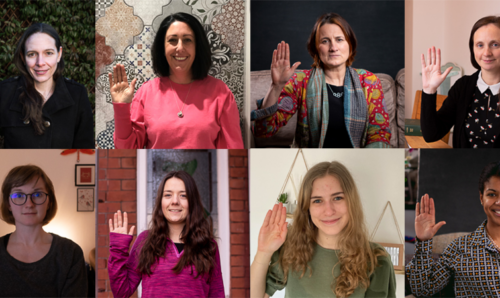
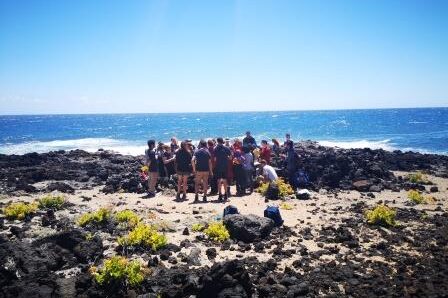
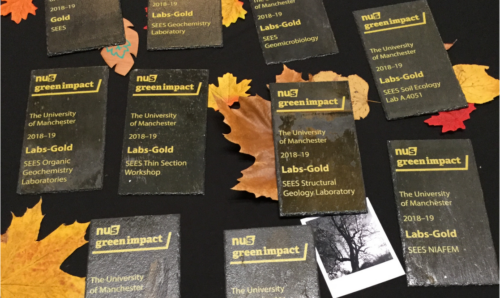
Leave a Reply